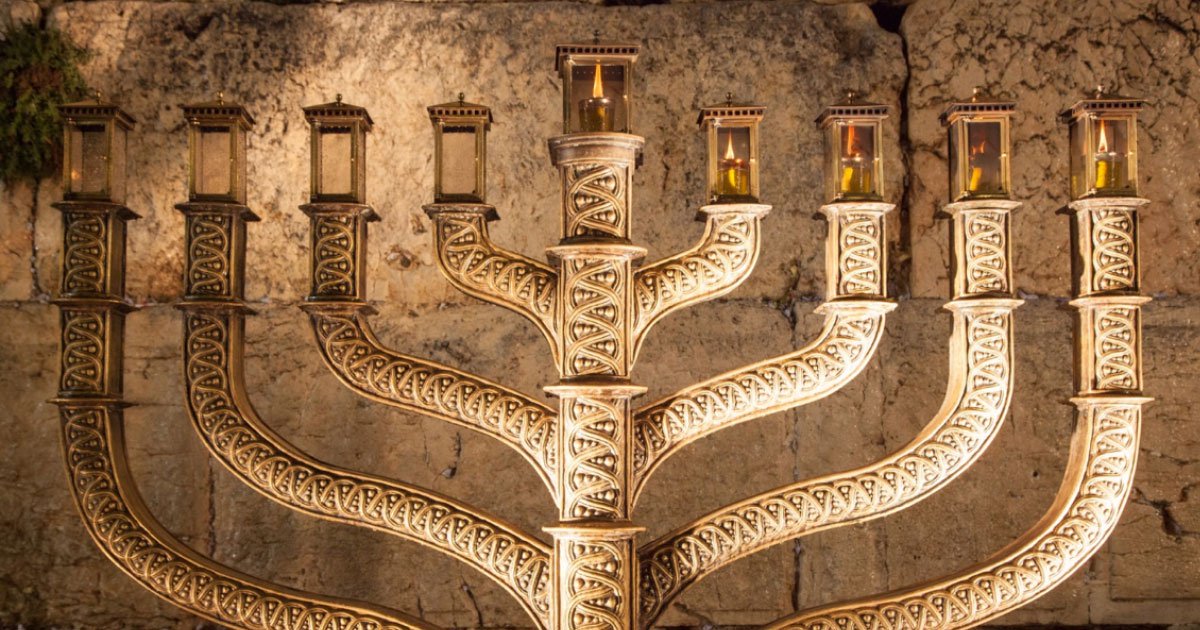The Universalism of Particularity
Modern Orthodoxy must be able to defend its Jewish identity as a moral philosophy whose genius cannot be ignored.

JUDAH-ISM AND UNIVERSALISM
In the 1960s, Rabbi David Luchins, then a student of Rav Ahron Soloveichik, mentioned to Rav Mordechai Gifter that Rav Ahron, known for his interest in current events and public affairs, was at that point very concerned about the suffering in the African region of Biafra. Rav Gifter remarked in admiration, “it is not just that Rav Ahron is the only Rosh Yeshiva that speaks about Biafra, it’s that he is the only Rosh Yeshiva who ever heard of Biafra.”
The universalistic streak in Rav Ahron Soloveichik’s yahadut is a well-known aspect of his legacy, and it has always been a dear one to me. Yet equally dear is an insight of his that I repeat often: the fact that members of kelal Yisrael are now called Yehudim, which is rife with hashkafic significance.. If, he suggested, we have come to be known not as Abrahamites but rather as Yehudim, if we are named for Judah whether or not we directly descend from him, it is because of Judah’s great moment of repentance, his proud proclamation to his father regarding Benjamin: anokhi e’ervenu! Judah-ism, by its very name, proclaims that a Jew is bound to every other member of the Jewish people in a way that is more profound than the ethical obligations binding us to the rest of humanity. We are members of mankind—but we are also first and foremost members of a nation that is a family, in which every other Jew is our brother and sister.
These two aspects of my grandfather’s worldview—particular and universal, or, in the Rav’s formulation, ger and toshav—are often described as coexisting in a dialectical, or contradictory, manner. It is true, of course, that there is a practical tension between one’s obligations to one’s people and to humanity, just as there is a practical tension between talmud Torah, tefillah, ḥesed, and many other mitzvot; after all, every one of us has a limited amount of time and resources. Nevertheless, I believe that there is no philosophical or theological tension between these two themes. Indeed, if the Abrahamic identity comprises both ger and toshav, it is because these two facets are, from
the perspective of Jewish ethics, not contradictory, but ha be-ha talya, and that the hierarchy of obligations inherent in Judaism is part-and parcel of Judaism’s message to the world. In this essay, I will outline why I believe this to be so, and why the communication of this message to the next generation is so vital to the future of Modern Orthodoxy.
Click here or download the PDF to read the entire article.
Defending the genius of Modern Orthodoxy.

